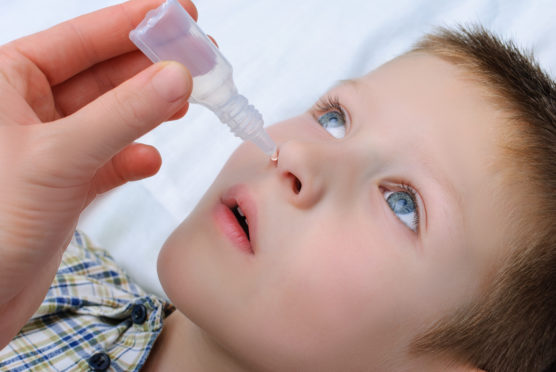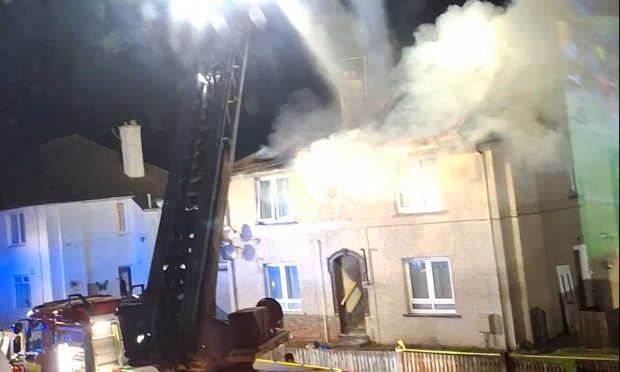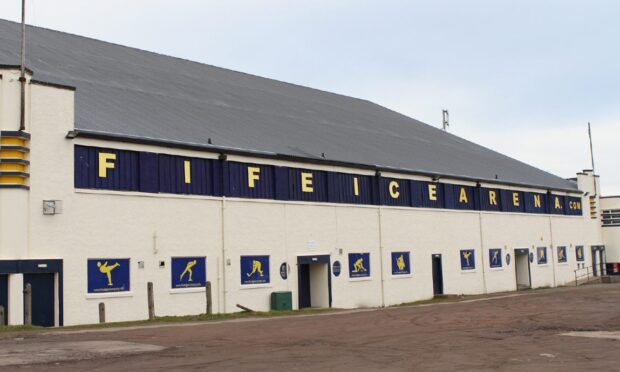Children in Fife are facing a delay in receiving their flu vaccination due to a national shortage.
Younger children and those with health conditions will be prioritised for the nasal spray vaccine but school pupils in primary four to seven may have to wait until the end of November or December.
NHS Fife said the staggered measures are being put in place to avoid postponing the schools vaccination programme entirely.
The issue only affects the nasal flu vaccine offered to children, and the adult flu vaccination programme in Fife is operating as normal.
A spokesperson for NHS Fife said the supply of the nasal flu vaccine was a UK-wide issue which has now affected supplies in the region.
NHS Tasyside’s vaccination programme is running without delay.
“Younger children are at greater risk of the effects of flu and are more likely to spread the virus to others,” the NHS Fife spokesperson said.
“It is for this reason that the following groups will be vaccinated first: pre-school children aged two to five-years-old, children in primary one to three, and children with underlying health conditions.
“Prioritising these groups prevents us from having to completely postpone vaccination across entire schools and means every school in Fife will have some protection against flu.
“As the supply of vaccine improves, we intend to offer mop-up clinics in schools and communities throughout Fife for those children in primary four to seven not yet vaccinated.”
The move comes after the manufacturers of the childhood nasal spray flu vaccine warned earlier this year that there could be a delay to the “planned release and delivery of a portion” of Fluenz Tetra for the 2019/20 winter flu season.
Manufacturer AstraZeneca said the delays were down to routine testing which needed to be repeated on some batches and were not related to the safety or efficacy of the vaccine itself, or Brexit.
South of the border, Public Health England – which procures the vaccine on behalf of the whole of the UK – has has advised GP practices not to stockpile the vaccine to ensure supply meets demand.
Scotland’s deputy chief medical officer Dr Gregor Smith wrote to all NHS boards asking them to prioritise children with eligible health conditions and the two to five-year-old programme.
The delay will not affect the injectable flu vaccine.
A spokeswoman for AstraZeneca said the delay was unavoidable.
“It is paramount that the impacted batches complete the testing process before they can be supplied,” she said.
“We realise how important it is to deliver a full supply of vaccine to the NHS and we are doing everything possible to minimise the delay of these affected batches and deliver vaccine throughout the season.”










